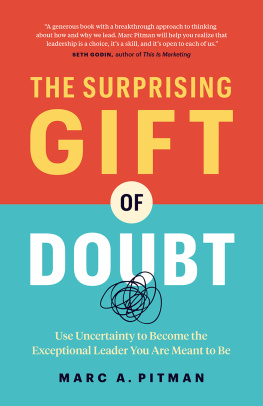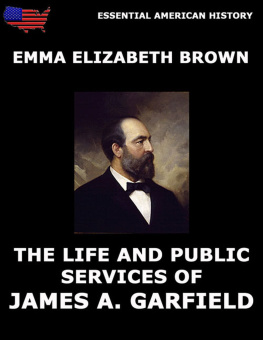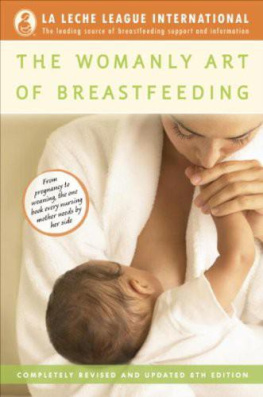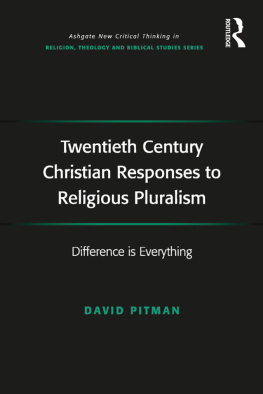ELIZABETH FRY.
The next volumes in the Famous Women Series will be:
The Countess of Albany. By Vernon Lee.
Harriet Martineau. By Mrs. Fenwick Miller.
Mary Wollstonecraft. By Elizabeth Robins Pennell.
Already published:
George Eliot. By Miss Blind.
Emily Bront. By Miss Robinson.
George Sand. By Miss Thomas.
Mary Lamb. By Mrs. Gilchrist.
Margaret Fuller. By Julia Ward Howe.
Maria Edgeworth. By Miss Zimmern.
Elizabeth Fry. By Mrs. E.R. Pitman.
Famous Women
ELIZABETH FRY.
BY
CHAPTER I.
LIFE AT EARLHAM, A HUNDRED YEARS AGO.
A hundred years ago, Norwich was a remarkable centre of religious, social and intellectual life. The presence of officers, quartered with their troops in the city, and the balls and festivities which attended the occasional sojourn of Prince William Frederick, Duke of Gloucester, combined to make the quaint old city very gay; while the pronounced element of Quakerism and the refining influences of literary society permeated the generation of that day, and its ordinary life, to an extent not easily conceived in these days of busy locomotion and new-world travel. Around the institutions of the established Church had grown up a people loyal to it, for, as an old cathedral city, the charm of antiquity attached itself to Norwich; while Mrs. Opie and others known to literature, exercised an attraction and stimulus in their circles, consequent upon the possession of high intellectual powers and good social position. It was in the midst of such surroundings, and with a mind formed by such influences, that Elizabeth Fry, the prison philanthropist and Quaker, grew up to young womanhood.
She was descended from Friends by both parents: her father's family had been followers of the tenets of George Fox for more than a hundred years; while her mother was granddaughter of Robert Barclay, the author of the Apology for the People called Quakers. It might be supposed that a daughter of Quaker families would have been trained in the strictest adherence to their tenets; but it seems that Mr. and Mrs. John Gurney, Elizabeth's parents, were not "plain Quakers." In other words, they were calm, intellectual, benevolent, courteous and popular people; not so very unlike others, save that they attended "First-day meeting," but differing from their co-religionists in that they abjured the strict garb and the "thee" and "thou" of those who followed George Fox to unfashionable lengths, whilst their children studied music and dancing. More zealous brethren called the Gurneys "worldly," and shook their heads over their degenerate conduct; but, all unseen, Mrs. Gurney was training up her family in ways of usefulness and true wisdom; while "the fear of the Lord," as the great principle of life and action, was constantly set before them. With such a mother to mould their infant minds and direct their childish understandings, there was not much fear of the younger Gurneys turning out otherwise than well. Those who shook their heads at the "worldliness" of the Gurneys, little dreamt of the remarkable lives which were being moulded under the Gurney roof.
One or two extracts from Mrs. Gurney's diary will afford a fair insight into her character:
If our piety does not appear adequate to supporting us in the exigencies of life, and I may add, death, surely our hearts cannot be sufficiently devoted to it. Books of controversy on religion are seldom read with profit, not even those in favor of our own particular tenets. The mind stands less in need of conviction than conversion. These reflections have led me to decide on what I most covet for my daughters, as the result of our daily pursuits. As piety is undoubtedly the shortest and securest way to all moral rectitude, young women should be virtuous and good on the broad, firm basis of Christianity; therefore it is not the tenets of any man or sect whatever that are to be inculcated in preference to those rigid but divine truths contained in the New Testament. As it appears to be our reasonable duty to improve our faculties, and by that means to render ourselves useful, it is necessary and very agreeable to be well-informed of our own language, and the Latin as being most permanent, and the French as being the most in general request. The simple beauties of mathematics appear to be so excellent an exercise to the understanding, that they ought on no account to be omitted, and are, perhaps, scarcely less essential than a competent knowledge of ancient and modern history, geography and chronology. To which may be added a knowledge of the most approved branches of natural history, and a capacity of drawing from nature, in order to promote that knowledge and facilitate the pursuit of it. As a great portion of a woman's life ought to be passed in at least regulating the subordinate affairs of a family, she should work plain work herself, neatly; understand the cutting-out of linen; also she should not be ignorant of the common proprieties of a table, or deficient in the economy of any of the most minute affairs of a family. It should be here observed that gentleness of manner is indispensably necessary in women, to say nothing of that polished behavior which adds a charm to every qualification; to both which, it appears pretty certain, children may be led without vanity or affectation by amiable and judicious instruction.
These observations furnish the key-note to Mrs. Gurney's system of training, as well as indicate the strong common-sense and high principles which actuated her. It was small wonder that of her family of twelve children so many of them should rise up to "call her blessed." Neither was it any wonder that Elizabeth, "the dove-like Betsy" of her mother's journal, should idolize that mother with almost passionate devotion.
Elizabeth was born on May 21st, 1780, at Norwich; but when she was a child of six years old, the Gurneys removed to Earlham Hall, a pleasant ancestral home, about two miles from the city. The family was an old one, descended from the Norman lords of Gourney-en-brai, in Normandy. These Norman lords held lands in Norfolk, in the time of William Rufus, and have had, in one line or another, representatives down to the present day. Some of them, it is recorded, resided in Somersetshire; others, the ancestors of Mrs. Fry, dwelt in Norfolk, generation after generation, perpetuating the family name and renown. One of these ancestors, John Gurney, embraced the principles of George Fox, and became one of the first members of the Society of Friends. Thus it came to pass that Quakerism became familiar to her from early childhoodindeed, was hereditary in the family.










